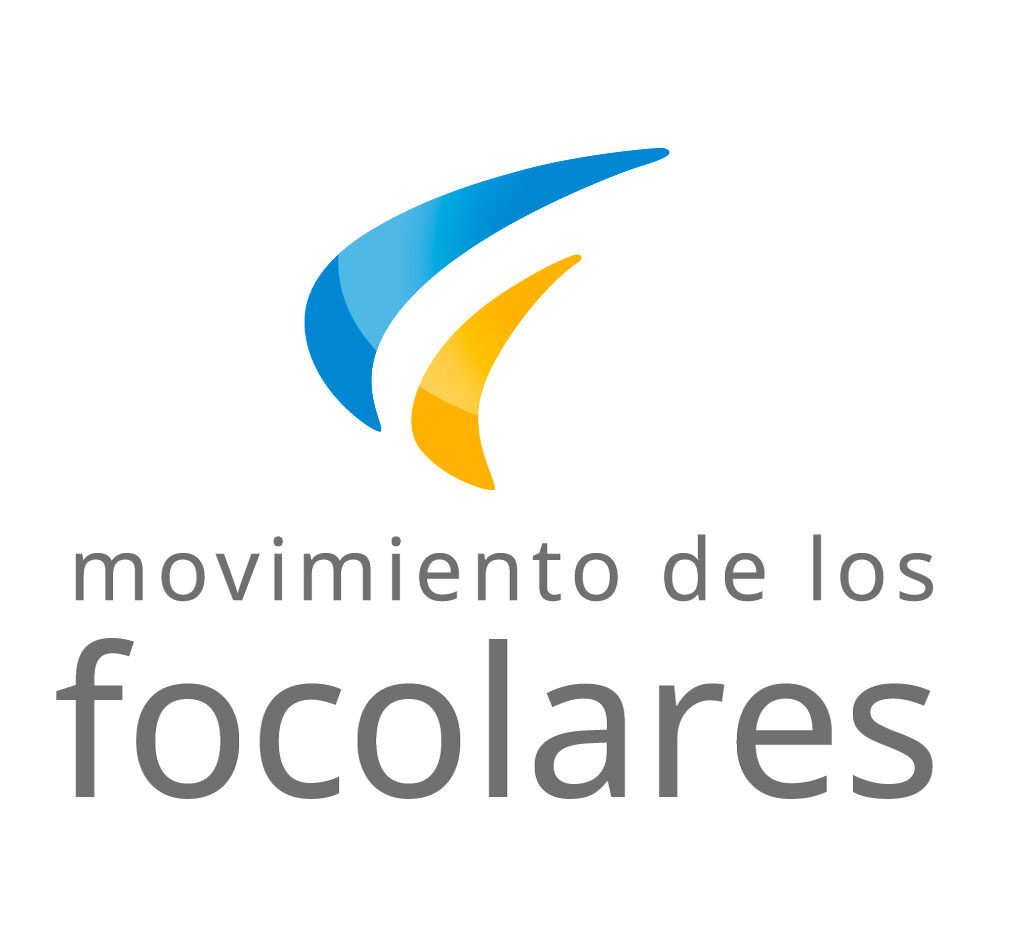We are at the conclusion of chapter 12 of the Gospel of Mark. Jesus is in the temple of Jerusalem; he observes and teaches. Through his gaze, we witness a scene full of characters: people coming and going, leaders of worship, notables in long robes, rich men throwing their magnificent offerings into the temple treasury. Then a widow comes forward; she belongs to a category of people in social and economic need. Faced with general indifference, she throws two small coins into the treasury. But Jesus does notice her, calls his disciples, and teaches them:
«This widow, however, has put in all she owned, all she had to live on.».
"I tell you the truth..." are the words that introduce the important teachings. Jesus' gaze, focused on the poor widow, invites us to look in the same direction: she is the model of discipleship. Her faith in God's love is unconditional; her treasure is God himself. And by giving herself totally to Him, she also desires to give all she can to those who are poorer.
In a certain way, this trusting abandonment to the Father is a foretaste of the gift of himself that Jesus will soon accomplish with his passion and death. It is that "poverty of spirit" and "purity of heart" that Jesus proclaimed and lived. It means "putting our trust not in riches, but in God's love and providence. […] We are 'poor in spirit' when we allow ourselves to be guided by love for others. Then we share and make available to all those in need what we have: a smile, our time, our possessions, our abilities. When we have given everything for love, we are poor, that is, we are empty, we are nothing, free, we have a pure heart."[1].
Jesus' proposal overturns our mentality; at the center of his thoughts is the little one, the poor, the least.
«This widow, however, has put in all she owned, all she had to live on.».
This Word of life invites us above all to renew our full trust in God's love and to allow ourselves to be challenged by his gaze, to see beyond appearances, without judging or depending on the judgment of others, and to value the positive side of each person.
It suggests giving ourselves completely as an evangelical logic that builds a peaceful community, because it compels us to care for one another. It encourages us to live the Gospel day by day, without boasting; to give abundantly and confidently; to live soberly, sharing. It calls us to pay attention to the least, to learn from them.
Venant, born and raised in Burundi, says: "In my village, my family could boast of good soil and a bountiful harvest. Knowing that everything is heaven's providence, my mother would gather the first fruits and distribute them punctually to the neighbors, starting with the neediest families, and allocate only a portion of what was left to us. From this example, I learned the value of giving without interest. Thus, I understood that God was asking me to give Him the best part, even to give Him my entire life."
Letizia Magri and the Word of Life team
[1] C. Lubich, «Word of Life», November 2003, in Ciudad Nueva n. 403 (11/2003), 22-23.

